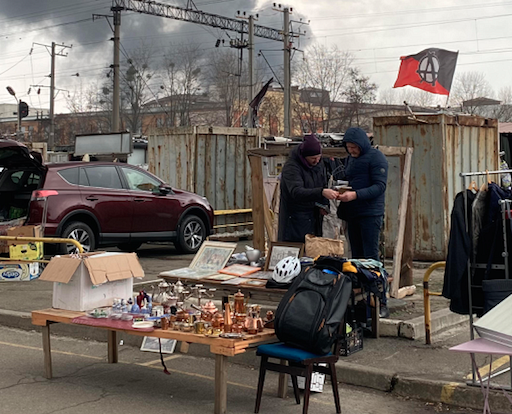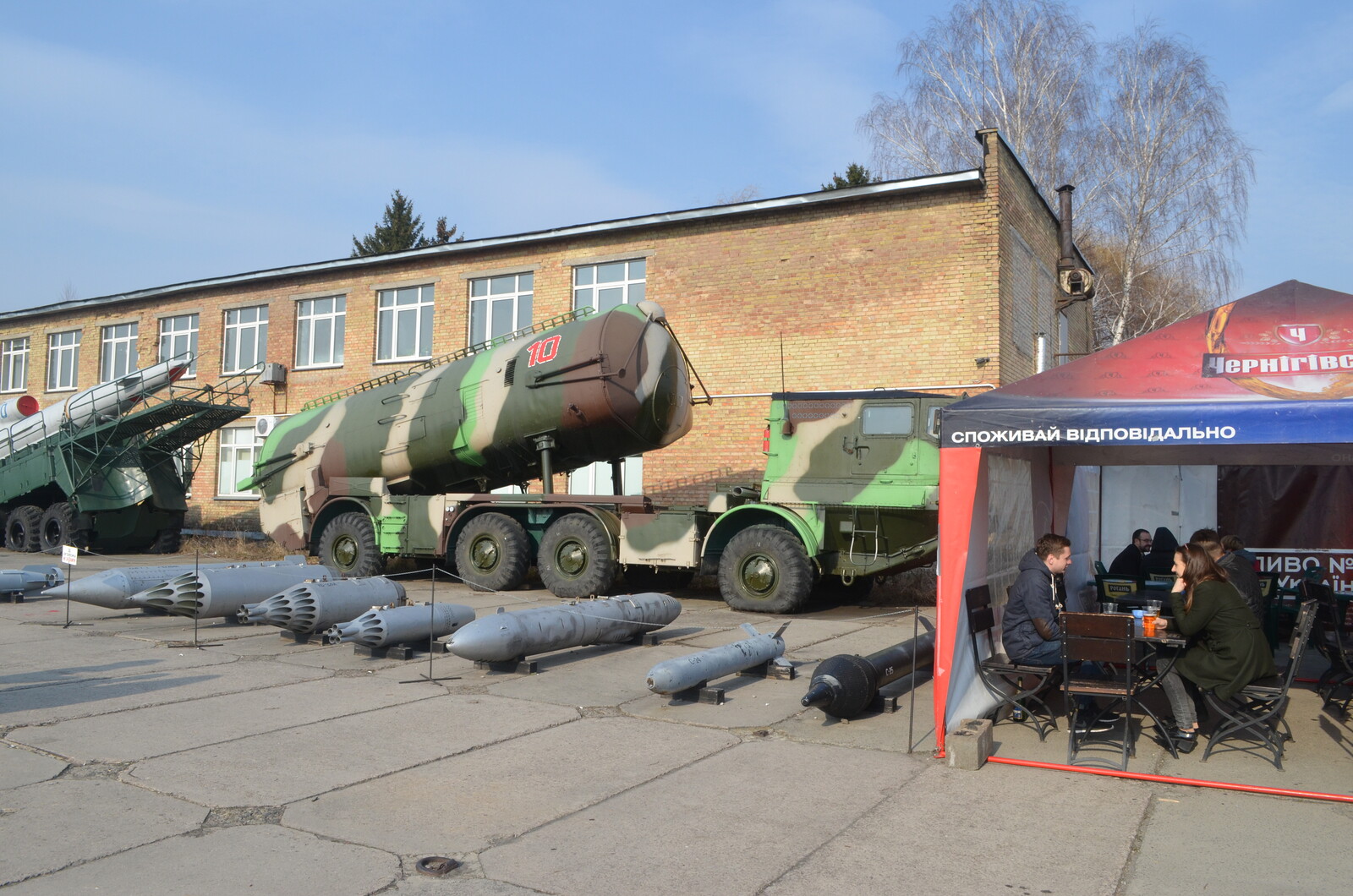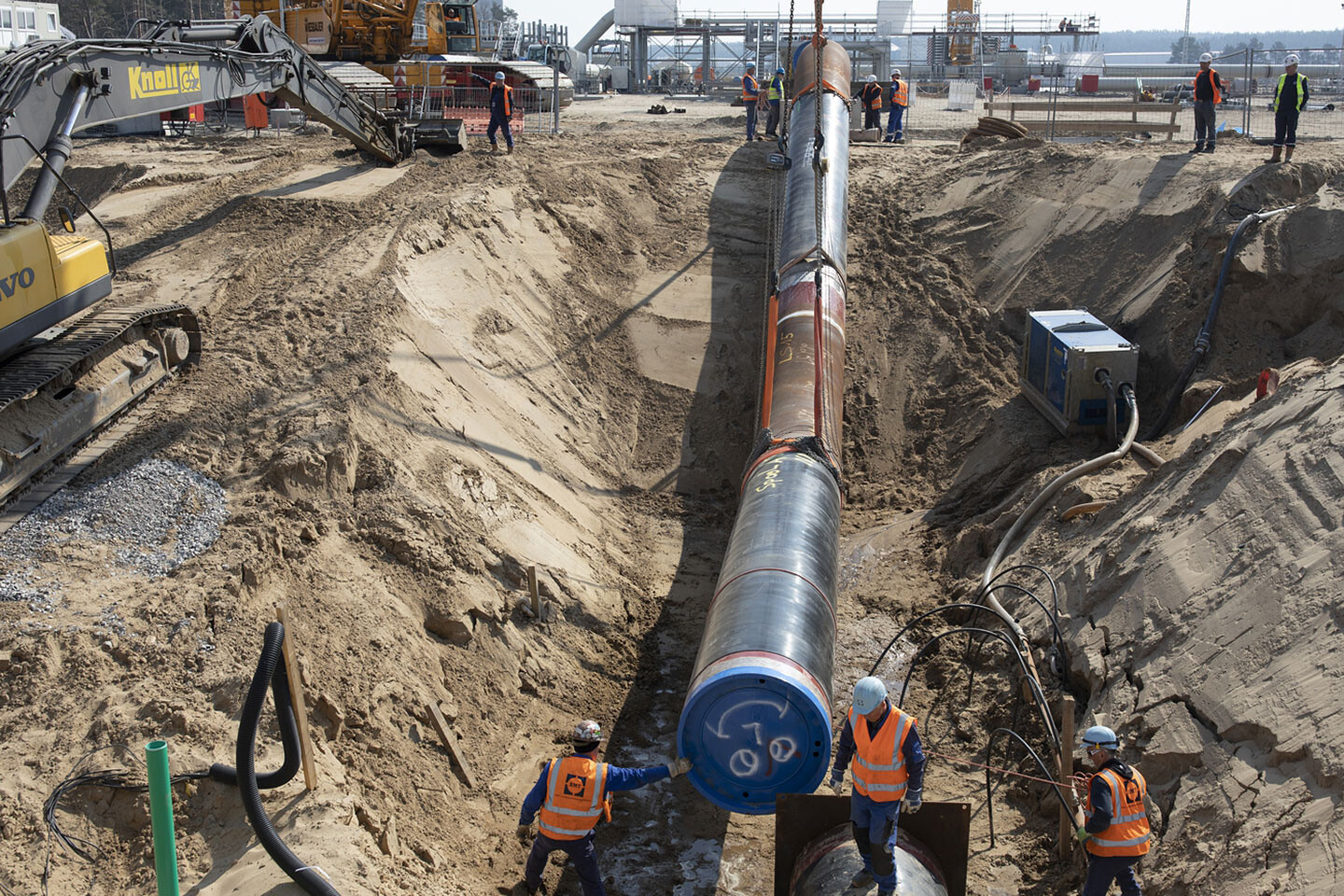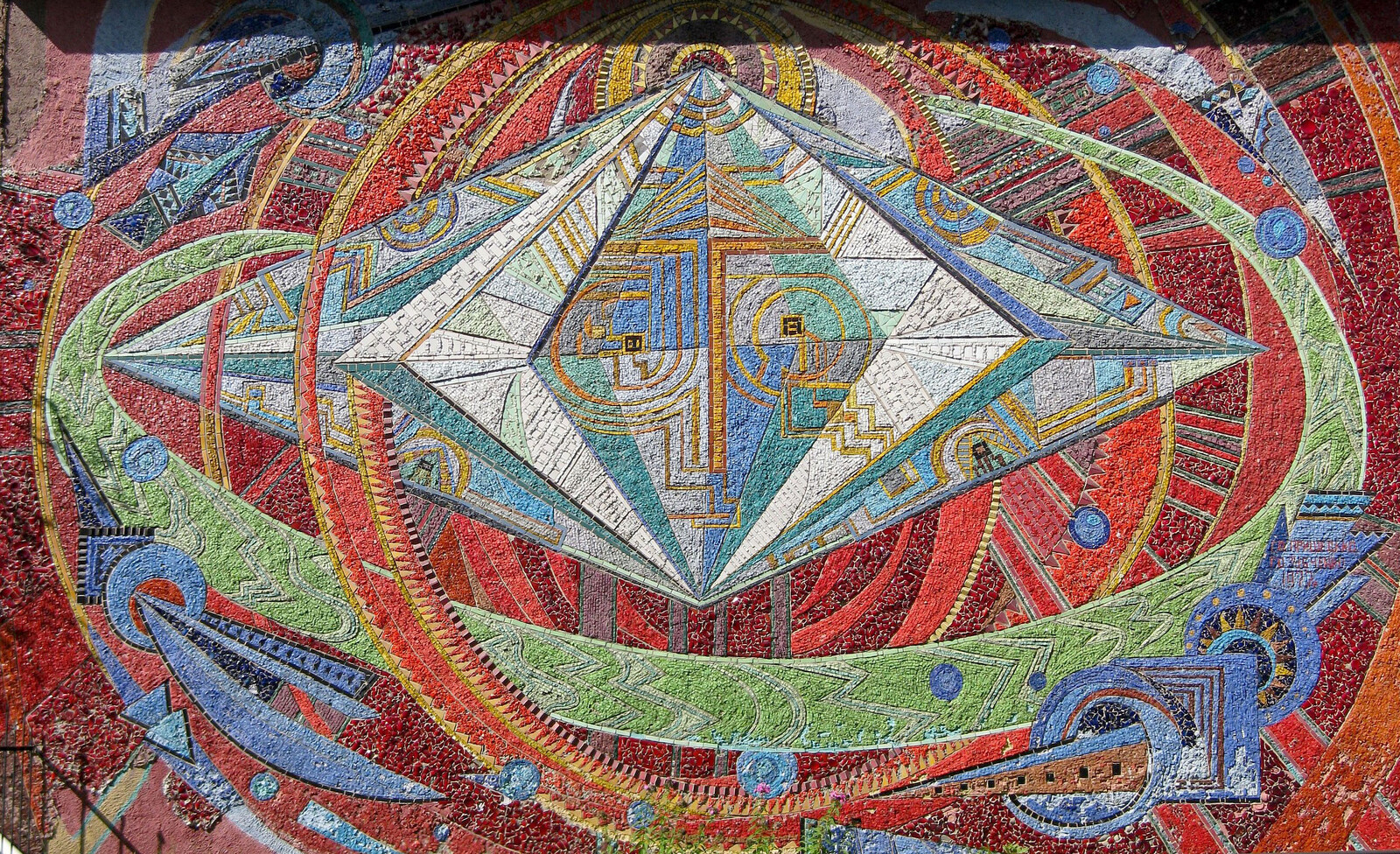By trying to occupy, with brutal military force, its imagined imperial heartland, the Russian Federation initiated a destructive process that may lead to the gradual loss of many more regions and peoples still subjected to its colonial rule. Of course, Ukrainians will fight against Russian imperialist frenzy by any means whatsoever. But merely fighting back is not enough.
This animation or resuscitation of the gas network wasn’t an outlandish fantasy on the part of the filmmakers. In fact, the plot of Acceleration (1984) was loosely based on the life story of Viktor Glushkov, a pioneering computer scientist tasked with building oil pipeline networks, among other things, after his bold idea of an information network for the USSR was shelved, and his groundbreaking research on socialist artificial intelligence was put on the back burner by authorities. Glushkov was a leading figure in Soviet cybernetic science, a science that he claimed had to be applied to each and every sphere of socialist society. In 1970, top party officials downsized Glushkov’s idea for an overwhelming information-management-and-control network to a series of smaller-scale, disparate network projects. For the better part of the 1970s, he was busy computerizing the Druzhba (Friendship) oil pipeline network that carried Siberian oil into Eastern Europe.
Soviet society was hypnotized by the notion of technological acceleration at the same time as it was overwhelmed by frustration and boredom. The economy was weighed down by a constant state of crisis, yet no credible scenarios of reform were deemed acceptable in public discourse. The political system showed signs of imminent collapse, yet no viable alternative was anywhere in sight, apart from the idea of more of the same—more growth, more productivity, more speed. In 1985, Mikhail Gorbachev came to power, proposing a program to radically overhaul the economy and society. His plan was based on three notions: perestroika, glasnost, and uskorenie. Perestroika and glasnost have entered the English language as “restructuring” and “openness,” respectively. But the third part of this triad, uskorenie, is not at all well known: it means “acceleration.”








